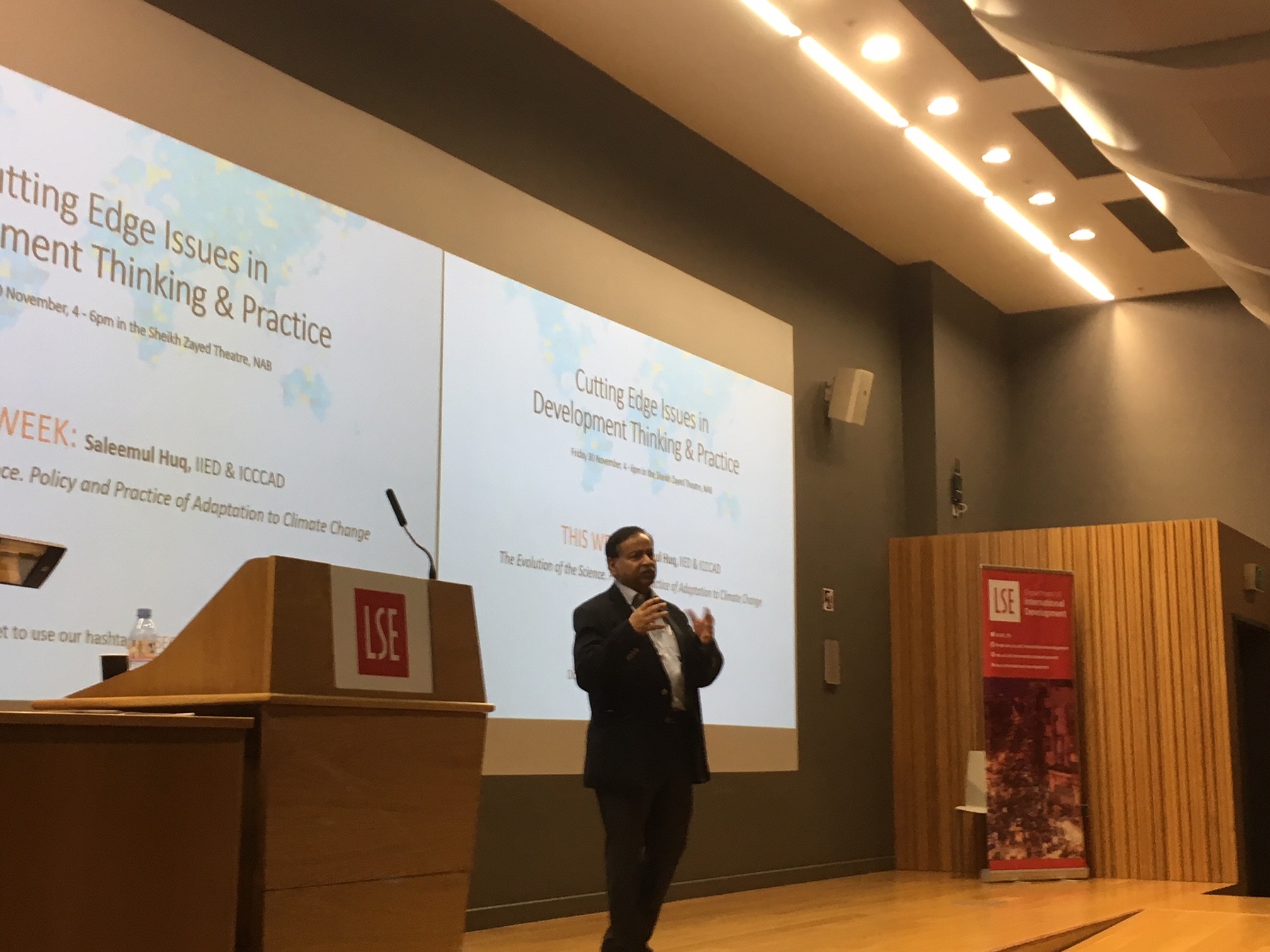Jon Martín-Cullell, graduate from MSc in Development Studies 2013, gives his insight into recent discussions between EU member states in Brussels and the long-term consequences they could have on humanitarian aid.
My year in the Development Studies programme at LSE met all my expectations. It was an incredible opportunity to meet students from around the world, do research on a variety of topics and have access to world-class researchers and, of course, the endless LSE library. But, most importantly, the MSc gave us the tools and arguments to defend a field of study and practice that is continually being questioned. The latest example came with President Trump’s budget proposal, which cut significant funding going to foreign aid, including development cooperation. Europe, however, is no exception.
In a context of shrinking access in the field, the battle for development and humanitarian assistance is also fought in European capitals, which are under pressure from populist parties’ “our citizens first” narrative. In my recent position as Policy Officer at PLATFORMA, a Brussels-based coalition of local and regional governments involved in development cooperation, my goal was precisely to fight against the anti-development aid rhetoric, while stressing the need for aid to be more sensitive to local needs and demands.
The migration crisis has led the European Union to, analysts say, the greatest existential crisis since its foundation. It has also led to a worrying shift in development policy, which shows in the European Commission’s recent adoption of the New Migration Partnership Framework. This new approach could undermine the ability of development policy, of which the European Union and its Member States are the main contributors, to lay the basis for a sustainable and long-term solution.
The first concern is that it seems to tie development cooperation to partner countries’ performance in the field of migration and border control. In a recent meeting with the development community in Brussels, an EU official openly acknowledged the fact that new development aid programmes needed to have the “migration” label on it in order to pass scrutiny by Member States. Development cooperation addresses numerous long-term global issues such as climate change, inclusive economic growth, and political stability. Therefore, tying it to migration and border control would be dangerously short-sighted, jeopardising long-term, global objectives to shorter-term political concerns. It could even contradict the Treaty of Lisbon, which states that the ultimate goal of development aid is poverty eradication.
This is a trend we have also seen in the field of humanitarian assistance. As a recent publication by NGO coalition “CONCORD” showed, EU Member States are increasingly counting as humanitarian aid the funds going to the management of their own refugee hosting mechanisms. And the European Commission has included Greece as part of the relief assistance efforts. All this is happening in a context where humanitarian aid is not being significantly increased, which means that funds that would have gone to conflict-stricken countries, are now being channelled to high-income countries.
Unfortunately, civil society organisations are having a hard time in countering the political undercurrent favouring the securitisation of aid. European Union institutions politely listen to the concerns of the former, but then pragmatically defend a more security-driven development policy as the only way out. Hopefully, more students of international development will join the fight for a development policy and practice that stays true to its core mission, which is to serve those in the greatest need. In Europe, there is still much work to do.
Jon Martín-Cullell graduated from the MSc in Development Studies in 2013 with a thesis on the convergence of policy recommendations between the ILO and the World Bank. He then worked for the European Union Delegation to the UN in New York and for humanitarian NGO ACTED in Jordan. More recently, he has been based in Brussels, where he has been employed as an assistant to MEP Javier López and as a Policy Officer for PLATFORMA.
The views expressed in this post are those of the author and in no way reflect those of the International Development LSE blog or the London School of Economics and Political Science.




